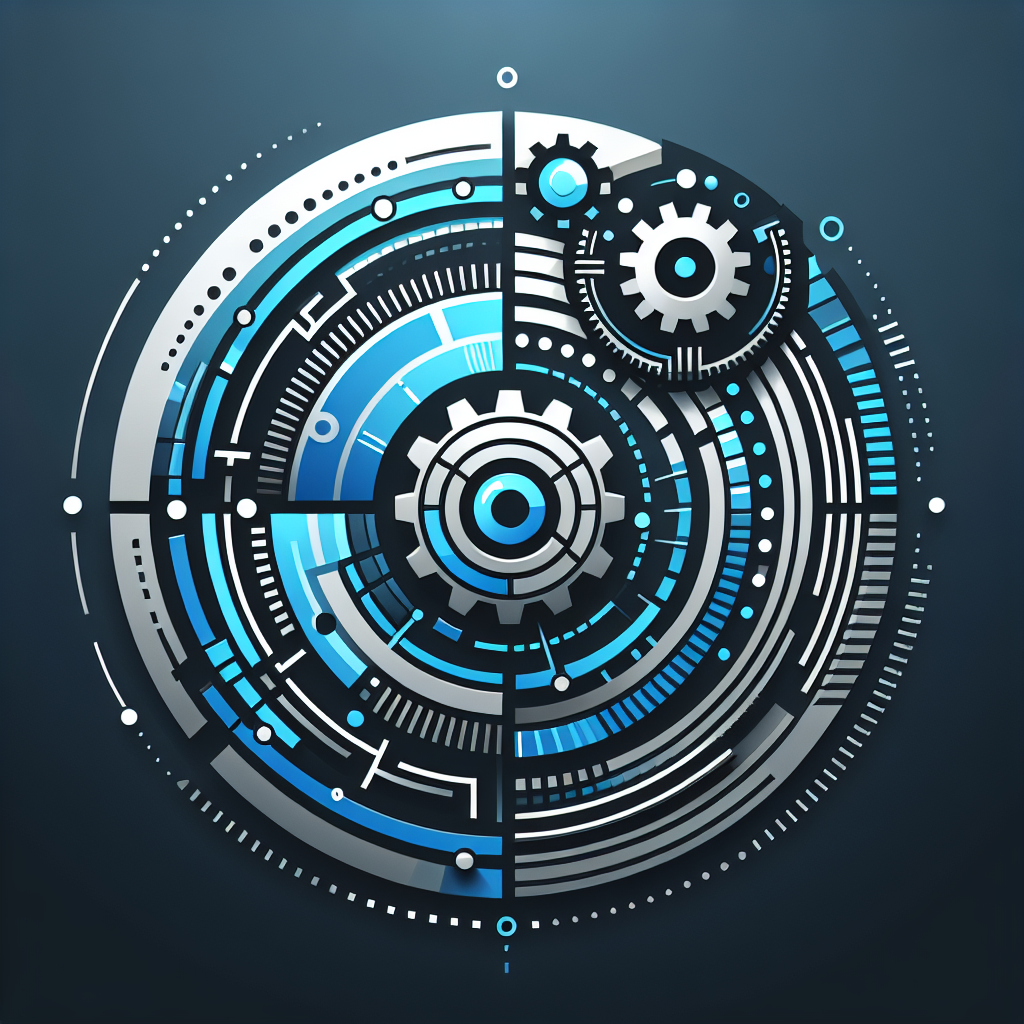Artificial Intelligence (AI) has revolutionized the way we live and work. From virtual assistants to self-driving cars, AI is transforming industries and creating new opportunities. One of the key aspects of AI's success lies in the wide range of tools available to developers and users. In this article, we will explore the most common AI tools that are shaping the future.
1. Machine Learning Platforms
Machine Learning (ML) is a subset of AI that focuses on training machines to learn from data and make predictions or decisions. ML platforms provide developers with the necessary tools to build and deploy intelligent applications. Popular platforms like TensorFlow and PyTorch offer a comprehensive set of libraries and algorithms to develop ML models efficiently.
2. Natural Language Processing (NLP) Libraries
NLP allows machines to understand and process human language. It is the technology behind voice assistants like Siri and chatbots. NLP libraries such as NLTK (Natural Language Toolkit) and SpaCy provide pre-trained models and APIs for developers to analyze and extract insights from textual data.
3. Computer Vision Libraries
Computer Vision (CV) enables machines to analyze and interpret visual information. CV libraries like OpenCV and Keras provide functionality for tasks like image recognition, object detection, and image segmentation. These tools make it easier for developers to build applications that can "see" and understand visual data.
4. Intelligent Virtual Assistants
Intelligent Virtual Assistants (IVAs) use AI to provide personalized assistance and automate tasks. These assistants, such as Amazon's Alexa and Google Assistant, understand and respond to natural language queries, provide recommendations, and control smart devices. IVAs are becoming increasingly popular in homes and businesses.
5. Automated Machine Learning (AutoML)
AutoML tools aim to automate the machine learning process, making it accessible to non-experts. These tools automatically handle tasks like feature engineering, model selection, and hyperparameter tuning. Popular AutoML platforms like Google Cloud AutoML and H2O.ai simplify the ML workflow and enable users to build models with minimal manual intervention.
6. Robotic Process Automation (RPA)
RPA is a technology that automates repetitive tasks by mimicking human actions. RPA tools like UiPath and Automation Anywhere use AI to understand and interact with user interfaces, perform data entry, process invoices, and even handle customer support. These tools help organizations increase productivity and reduce errors in routine tasks.
7. Predictive Analytics
Predictive Analytics combines AI and statistical techniques to forecast future events or outcomes. Tools like IBM Watson Studio and Microsoft Azure Machine Learning provide frameworks and APIs for building predictive models. By analyzing historical data, businesses can make informed decisions and anticipate potential challenges.
8. Recommendation Systems
Recommendation systems use AI algorithms to suggest products or content based on user preferences and behavior. Platforms like Amazon and Netflix leverage these systems to provide personalized recommendations. Tools like Apache Mahout and Google Cloud Recommendations AI make it easier for developers to build recommendation engines.
These are just a few examples of the many AI tools available today. As AI continues to advance, new tools and technologies will emerge, shaping the future of automation, analysis, and decision-making. Whether you are a developer, business owner, or simply a user of AI-powered products and services, these tools provide invaluable resources for leveraging the power of artificial intelligence.

